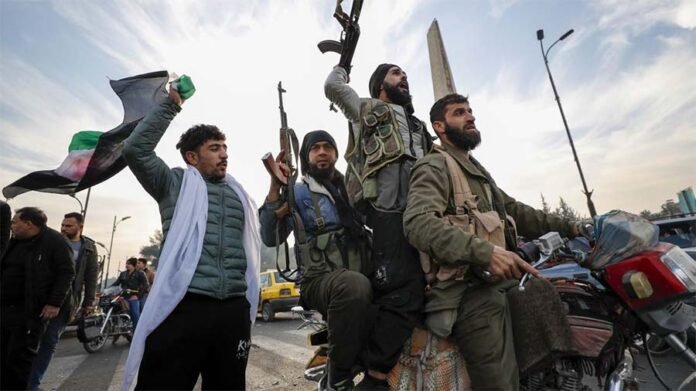Tel Aviv: Iran is expected to take dramatic actions in response to the collapse of the Assad regime in Syria. This may push Tehran to accelerate its nuclear program. Israel is closely following the implications of the new situation related to Iran’s ability to shape military actions along the Israeli borders.
In a research paper published in the website of the Israeli Institute for National Security Studies (INSS), Danny Citrinowicz writes that without Assad and with a weakened Hezbollah, Iran will be forced to recalculate its strategy and possibly even reconsider its nuclear approach to “compensate” for the severe blow to its axis.
Danny (Dennis) Citrinowicz is a research fellow in the Iran Program at INSS. Citrinowicz served 25 years in a variety of command positions units in Israel Defence Intelligence (IDI) including as the head of the Iran branch in the Research and Analysis Division (RAD) in the Israel Defence Intelligence and as the division’s representative in the United States.
According to the expert, the series of events in recent months, particularly the heavy blow suffered by Hezbollah at the hands of Israel and the fall of Bashar al-Assad’s regime, threaten to dismantle the defence system that Qasem Soleimani so successfully built for Tehran. Soleimani essentially established the “Axis of Resistance,” which relied on Iran’s ability to advance its interests in the Middle East, deter Israel and the
United States from acting against Iran, and keep war away from Iran’s borders without paying a significant price for achieving these goals.
The expert writes that even if Tehran seeks to continue arming its proxies, its ability to control them has been dramatically eroded. Moreover, rebuilding Hezbollah’s capabilities without Assad is highly questionable. Thus, it’s likely that Iran will seek to finalise its Sukhoi Su-35 aircraft deal with Russia, rebuild its air defence capabilities—which suffered a heavy blow from Israeli strikes—and renew its missile production to further threaten Israel.
The biggest question mark concerns Iran’s nuclear program. Tehran could theoretically enrich uranium to a military-grade level of 90% “as early as tomorrow” and attempt to build a nuclear facility within a few months. This could theoretically “compensate” for the damage to the axis and significantly strengthen Iran’s deterrence.
The expert writes that this is also why senior regime officials (current and former) have repeatedly emphasised the need to reconsider Tehran’s nuclear strategy. However, such a move without Hezbollah’s protective umbrella, combined with Israel’s demonstrated capability to strike in Iran and the presence of President Trump in the White House, could pose a direct threat to the regime in Tehran. This escalates the dilemma faced by Iran’s Supreme Leader, Ali Khamenei, to an unprecedented level.
Israeli defence sources told Raksha Anirveda that Israel is closely following the Iranian ballistic missiles and nuclear programs and share the data with the US. One of the sources said that if Iran closes the gap in its effort to enrich Uranium to a grade that will enable the assembly of a binuclear bomb, Israel will have to convince the elected US president that a joint action is needed to foil Tehran’s plans.
-The writer is an Israel-based freelance journalist. The views expressed are of the writer and do not necessarily reflect the views of Raksha Anirveda










